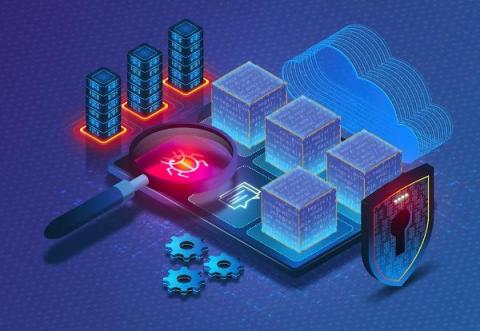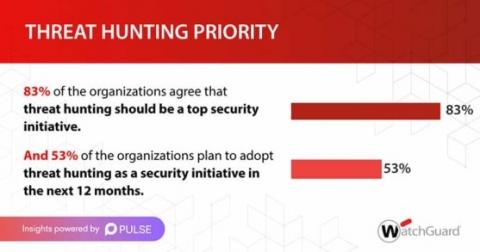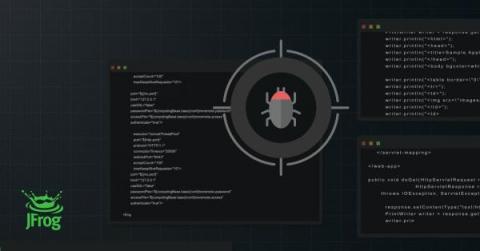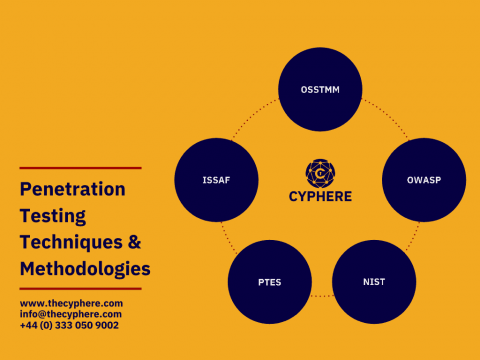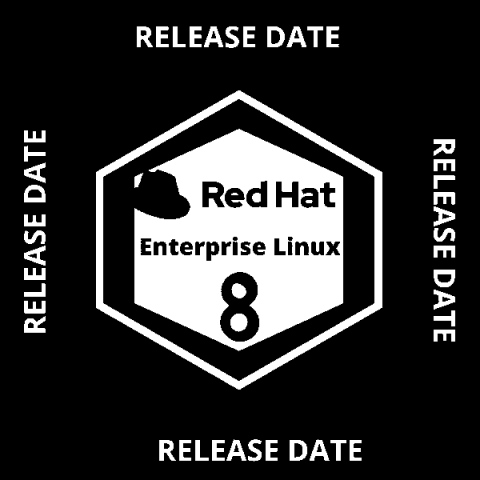Best SAST Tools: Top 7 Solutions Compared
Static application security testing (SAST) tools automatically scan the source code of an application. The goal is to identify vulnerabilities before deployment. SAST tools perform white-box testing, which involves analyzing the code based on inside knowledge of the application. SAST offers granularity in detecting vulnerabilities, providing an assessment down to the line of code.


